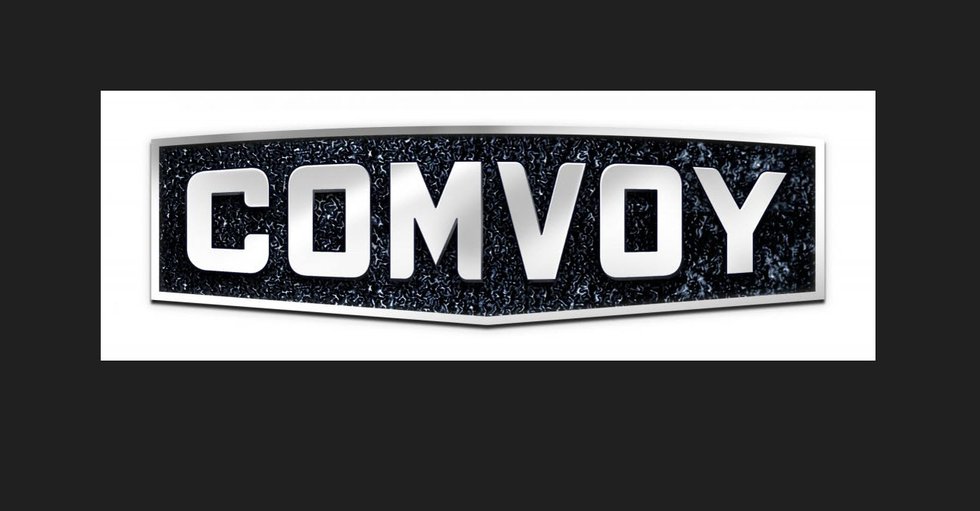The Covid-19 outbreak has heightened the need for companies to embrace remote labor. In the aftermath of the pandemic, many workers are eager to find flexible schedules that allow them to put in their time from anywhere. In fact, according to research, 61% of employees in the United States choose to work remotely. And the growing popularity of working remotely has prompted an uptick in demand for remote project management.
So, it is even more crucial that business owners acquire the skills necessary to successfully manage project teams located in different locations. There are many similarities between managing teams in the office and managing them remotely, but remote teams present their unique challenges. In this post, we’ll look at some of the guiding principles for managing remote teams successfully.

Photo by Kristin Wilson on Unsplash
Invest in Employee Monitoring Software
When team members work across multiple time zones and locations, it can be hard for managers to monitor progress and guarantee efficient communication. Employee monitoring software can improve and make remote employee management simpler for the supervisor.
This type of software provides managers with real-time reports on staff activity, allowing them to monitor progress and spot difficulties. This involves keeping track of project timeframes, task accomplishment, and staff productivity levels. This data allows managers to make educated choices regarding resource allocation and work distribution, keeping the project on track and meeting deadlines.
Additionally, it encourages open communication and individual responsibility within the team, which in turn fosters an atmosphere of trust and cooperation. By enabling remote project teams to perform more efficiently and effectively, the employee monitoring software will ultimately result in better project outputs and higher team success.
Trust and Liberate Your Team
If you’re managing a remote team, it’s more vital to keep an eye on the results than to keep tabs on the team’s activity every hour. Demoralizing and frustrating your employees might be the result of excessive micromanagement. That’s why managers need to have faith in their teams and give them some leeway if the results seem good.
When given such confidence, workers begin to value their contributions to the company. They do a better job of getting things done, putting in more effort, and going the additional mile.
Define Objectives
The effectiveness of a remote team depends on everyone’s familiarity with the project’s objectives. One way to delegate tasks as a manager is to create a comprehensive document outlining everyone’s roles and responsibilities.
For remote teams, video and text are the primary means of communication. Because of this, confusion and expanding project requirements are likely if the instructions are ambiguous, causing the project to go behind schedule and provide subpar outcomes. To prevent this from happening, the document should include the specific roles and responsibilities of each team member.
Provide Honest Criticism
In the context of managing a project remotely, feedback is crucial. It’s the only method to provide workers feedback on how they’re doing. This allows them to refine their efforts and provide satisfactory results.
However, you should be careful while giving comments as a manager. While giving criticism, be as detailed as possible. Instead of pointing fingers, try offering constructive criticism. Point out their mistakes and lead them to a solution by explaining the options they likely have.
Ensure that individual employees are provided with constructive, confidential feedback. The gateway to disillusionment and hostility against the organization is opened through public shaming. If you want your response to be understood more clearly, try writing it down.
Be sure to check in and get updates on how your suggestions are being implemented after providing feedback.
Improve Corporate Culture
A positive and encouraging work environment is essential for remote employees. But staff burnout is still a problem even after that. Despite businesses investing in mental health, paid time offsets a positive corporate culture. A quality culture has a direct effect on productivity, so businesses must cooperate to establish one.
To achieve this goal, you could plan virtual team-building exercises and set aside time for workers to socialize. As a result, team members are better able to relate to one another and share in one another’s experiences.
Also, everyone should review the company’s culture deck. A culture deck is an overview of a company’s core beliefs and goals. In addition to attracting top talent, it helps current workers have a better grasp of the company’s values.

Photo by Surface on Unsplash
Final Thoughts
The way we operate now is different from the way it was just a decade ago. A remote or hybrid work culture seems to be a practical solution in the post-Covid era. Remote project management isn’t an easy task for either managers or team members. Implementing the suggestions above can help you manage the project more efficiently. But most importantly, listen to your employees, and provide them with support and resources so they can grow in your company.
This article was provided by Paul Williamson






